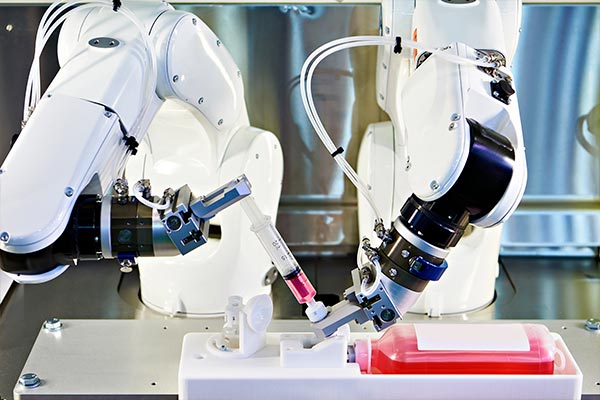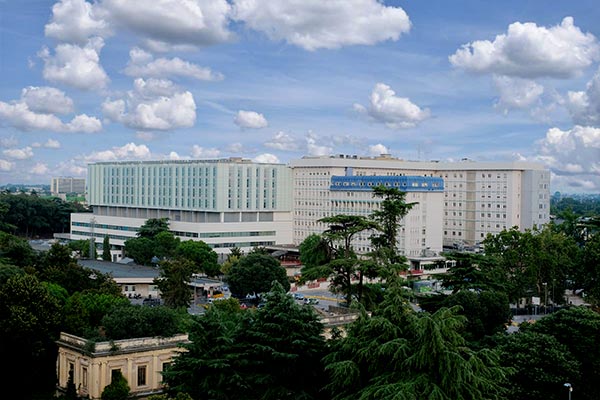The FRAILOMIC initiative is designed to use biomarkers to determine the factors that turn frailty into disability. The main objective is to develop clinical instruments to predict the risk of frailty, improve the diagnostic accuracy of frailty in day-to-day practice, and to assess the prognosis of frailty in terms of disability and other adverse outcomes.
Levels of blood and urine biomarkers will be measured in approximately 75,000 participants. These laboratory biomarkers will be combined with clinical biomarkers obtained from the same cohort to develop predictive, diagnostic and prognostic models in both the older general population and those people with attributes that confer a higher risk of frailty (e.g., cardiovascular risk factors). A selected set of biomarkers will be validated prospectively and assessed to find best fit models, which will guide the development of ready-to-use kits to be used in the clinical setting.
The international FRAILOMIC consortium comprises seven small- and medium-sized enterprises, six universities, two leading research centres, four hospital-based research groups and the World Health Organization. The project is co-ordinated by Professor Leocadio Rodriguez-Mañas (Hospital Universitario de Getafe, Madrid, Spain), an internationally renowned geriatrician and Director of the Spanish Network on Ageing and Frailty (RETICEF) of the Ministry of Science and Innovation.








